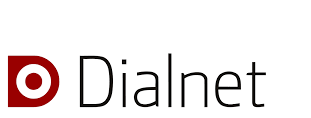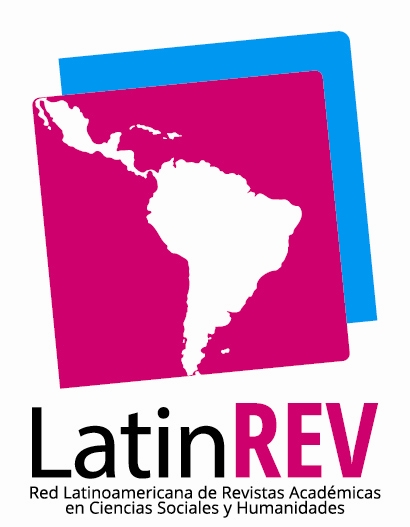The technological language in the teaching practices in teacher training. Some initial considerations
Keywords:
technological language, teaching practices, researchAbstract
This work aims to present a series of considerations around teaching practices involving the technological language. These considerations arise from the process carried out for the construction and implementation of proposals that include the use of technological language in the teacher training program of Special Education, and they are derived from the different activities developed under the research line “TEACHING PRACTICES. Technological language and understanding in training environments in the Special Education teacher training program” belonging to PROICO 4-1316 “Teaching for Understanding Practices. Its impact in student training in Preschool Education and Special Education Teacher Training programs” in the Human Sciences College in the National University of San Luis. The main purpose of this study is to analyze how the research environment and interdisciplinary relation of its members promote the development of research and teacher training practices which favor the construal of the technological language and its significant integration in the teaching practices in the university classroom.
Downloads
References
Edelstein, G. (2011). Formar y formarse en la enseñanza. Paidós. Buenos Aires.
Giordano, M. F. Compiladora (2008). Las prácticas educomunicacionales. Avances y desafíos. Ediciones LAE. San Luis. Recuperado de: http://lae.unsl.edu.ar/Ediciones/Libros_Electronicos/Indice%20y%20Edicin_L_P_E.pdf
Giordano, M. F. y Silva, J. O. (2008). “Capítulo 1 La investigación de las prácticas educomunicacionales. ¿Qué debates actualiza en la Formación Docente?” en Las prácticas educomunicacionales. Avances y desafíos. Ediciones LAE. San Luis. Recuperado de: http://lae.unsl.edu.ar/Ediciones/Libros_Electronicos/Indice%20y%20Edicin_L_P_E.pdf
Glabán Lozano, S. y Ortega Barba, C. (2004). “Evaluación Didáctica de software educativo”. Revista Panamericana de Pedagogía. 5, 71-80.
Itwin, E. (2005). (Comp.) Tecnologías educativas en tiempos de Internet. Recuperado de: http://cmapspublic.ihmc.us/rid=1GNWMM0B7-1L1N1LP-P7D/NT_Litwin.pdfhttp://ebookbrowsee.net/gdoc.php?id=163007904&url=cc845026305ea5b5cbe0ff6fae4ce5f
Monereo, C. (2004). La construcción virtual de la mente: implicaciones psicoeducativas. Dpt. Psicología Educación. Universidad Autónoma de Barcelona. Recuperado de: http://www.redes-cepalcala.org/inspector/DOCUMENTOS%20Y%20LIBROS/COMPETENCIAS/LA%20CONSTRUCCION%20VIRTUAL%20DE%20LA%20MENTE%20-%20MONEREO.pdf
Pahud, F. y Zuñiga, M. (2014). El aula virtual como una herramienta para la comunicación y el aprendizaje en el curso optativo Educación Especial y evaluación de materiales digitales. Taller de análisis de experiencias de innovación en la enseñanza universitaria. Facultad de Ciencias Humanas. Universidad Nacional de San Luis. San Luis, Argentina.
Sosa Grajales, L. (2011). “El Lenguaje Tecnológico”. Recuperado de: http://www.inidedelauia.org/2011/03/el-lenguaje-tecnologico-por-lic-luis.html.
Vygosty, L. (1995). Pensamiento y Lenguaje. Edit. Paidos. Barcelona.
Downloads
Published
Issue
Section
ARK
License
Copyright (c) 2016 Mariela E. Zuñiga, María Fernanda Pahud

This work is licensed under a Creative Commons Attribution 4.0 International License.






